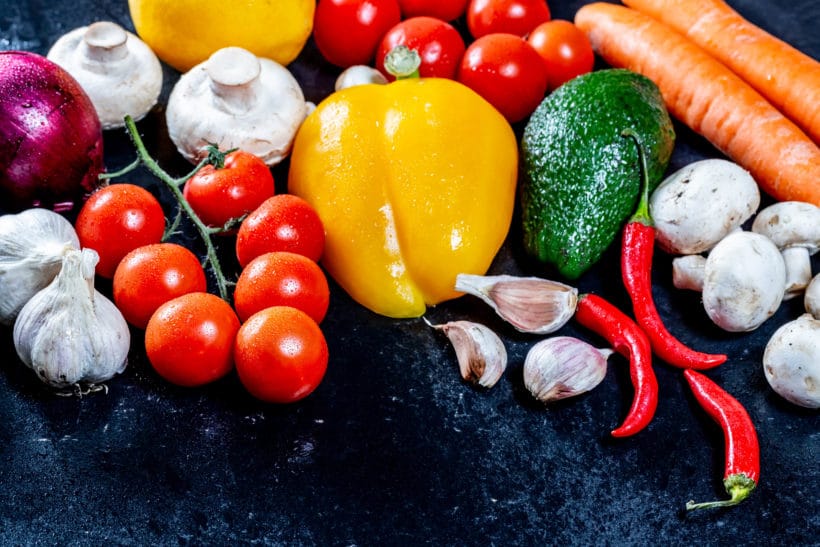
Informal markets are one of the primary sources of food and nutrition for poor people throughout the developing world. Yet, for too long, these markets have been overlooked, underappreciated, and side-lined.
Lacking official support and resources and often wrongly perceived as unclean or unreliable, particularly by international observers, informal markets are instead being held back from fulfilling their high potential as a source of safe, affordable, and nutritious foods.
Ignoring the critical role informal markets can play, and indeed already are playing, could create an otherwise avoidable nutritional disaster for the hundreds of millions who rely on these markets in the global food system.
These informal markets, which range from street-side food vendors to small-scale retailers, offer a range of benefits to both buyers and sellers across the developing world in terms of health, nutrition, and livelihoods.
Yet major gaps in both recognition and investment mean governments are failing to capitalize upon these benefits, hurting those communities who rely upon informal markets in turn.
With more investment and research, informal markets can become a greater force for good for the most vulnerable in low- and middle-income countries and assume a more significant positive role in the food systems of the future.
In building these future food systems that are accessible and equitable for all, the critical role that informal markets can play cannot, and should not, be overlooked.
To begin with, governments should acknowledge the important role of informal markets and adopt a collaborative, less confrontational approach towards them. These informal markets play a key role in providing food security and jobs for the poor, yet governments often overlook these contributions.
For instance, some 70 per cent of urban households in low-income neighbourhoods of African cities regularly buy food from informal street vendors, with these vendors capable of providing more competitive prices than those of larger, chain retailers, which may often be out of reach for many.
Likewise, with the informal economy accounting for up to 72 per cent of non-agricultural employment in Africa and being a key employer of women in particular, governments have enormous opportunities to “formalize” the informal economy. This would then allow governments to collect tax that is currently slipping through the nets, removing the burden of bribes and the multiple, overlapping taxes that informal markets are often overly and wrongly burdened with.
Secondly, governments should aim to provide the technology and finance these markets need to become safer and more successful. Not all informal sellers sell unsafe food – and for those that might, this is more due to a lack of technological or financial capability, not a lack of care.
Informal food markets would not only benefit from access to more obvious technologies like clean water or refrigeration but also from digitalization.
For instance, Farmer2Market and Mkulima Bora are but two key examples of digital applications developed over the past few years that can be of service to informal markets, making food value chains more efficient, reducing food losses, and increasing revenues for farmers, distributors, and food businesses.
Finally, governments should also build the capacity of informal markets through engaging and sharing information. To maximize their potential benefits, governments need to work with informal sellers to ensure that they learn about, and adopt, the best hygiene practices and benefit from the business opportunities that selling safe and quality food brings.
For instance, after a short period of training informal dairy sellers in Nairobi, Kenya, on dairy business and milk safety as part of the “MoreMilk” project, small retailers in the city started using simple on-the-spot milk tests to check the quality of the milk their suppliers delivered to them.
These new methods forced suppliers to improve the quality of the milk they were supplying to sellers, ultimately empowering vendors to sell higher quality products to happier and more loyal customers.
With Africa’s population potentially doubling by 2050 and its urban population set to triple in the same timeframe, the need to tackle the triple challenge of poor diets, ill health, and unemployment will be more pronounced than ever.
It’s crucial that governments help, not hurt, informal markets and also recognize their status as dynamic, efficient, and scalable solutions to these pressing challenges.
With the right set of policies, we can help these informal markets to achieve the best possible role in the world’s future food system.
Silvia Alonso, Senior Scientist Epidemiologist, International Livestock Research Institute (ILRI)

